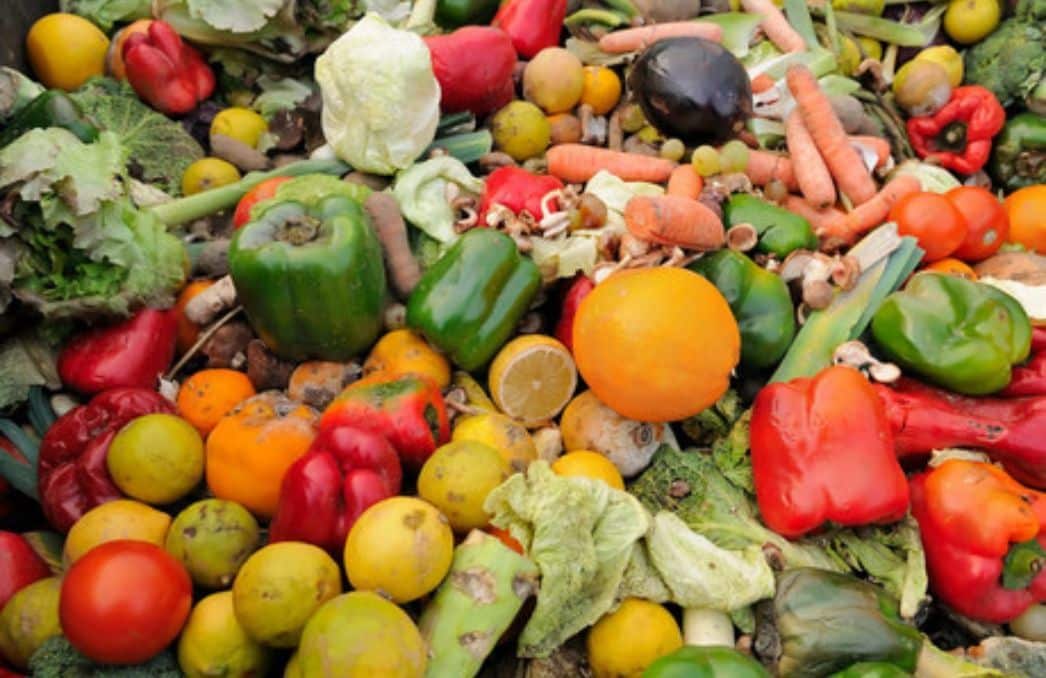Inner West gathers troops for Sydney’s war on food waste
Metropolitan councils, state government and waste and recycling industry representatives gathered at the Inner West War on Food Waste last week to discuss Sydney’s growing food waste crisis. Inner West Council launched the forum to spark the establishment of a food recycling scheme for Metropolitan Sydney.
Mayor Darcy Byrne said that it was vital that councils worked together to create a comprehensive plan to tackle food waste.
“If it’s not handled properly, food waste is a huge problem for the environment and a big burden for our ratepayers,” Byrne said.
“This just isn’t something we can address council by council. If we want a real solution, Sydney councils must collaborate to turn food wastage into food recovery and re-use.
“Residents are calling on their local governments to act, Sydney councils want to do it and industry is ready to be involved. All the ingredients for food recycling to succeed are on the table.
“Our next step will be inviting the Environment Minister Matt Keane to a meeting to work with councils to identify locations for transfer stations and a food organics recycling plant.”
Councils provide daily waste management services to millions of residents across Sydney. In 2014/15 it is estimated that the Sydney Metro Area sent 331,150 tons of food organics to landfill, costing over $40 million in waste levy alone. At today’s costs, that tonnage would cost councils $47.3 million.
Key guest speaker and War on Waste champion Craig Ruecassel spoke of the need for councils to form a plan for the future of food waste management.
“Councils always talk about getting the waste levy back, but they need a solid plan for what they will do with the money,” he said.
City of Sydney’s Manager of Sustainability Chris Derksema echoed that sentiment, stating that the Sydney region as a whole needed a comprehensive strategy to address food waste management.
Amanda Kane, Director of Waste Programs at the Department of Planning, Industry and Environment, said that food organics recovery was on the rise, but that councils needed to ensure that there was a market for the compost created by food waste recovery.
Waste Management and Resource Recovery Association CEO Gayle Sloan said that while industry could build the plants, councils needed to provide a serious commitment to supplying recovered food waste to the plant, and perhaps needed to commit to buying back some of the finished product in the form of compost for council-run green spaces.
Mac Irvine from the Clean Energy Finance Corporation spoke about a successful loan application by councils in metro Melbourne, and the scale of commitment needed for councils to successfully apply for low-interest state government loans.
Original article source Sustainability Matters
Image credit: ©stock.adobe.com/au/TheStockCube
-
Subscribe to the latest industry news, insights and AWRE updates.
- Subscribe

